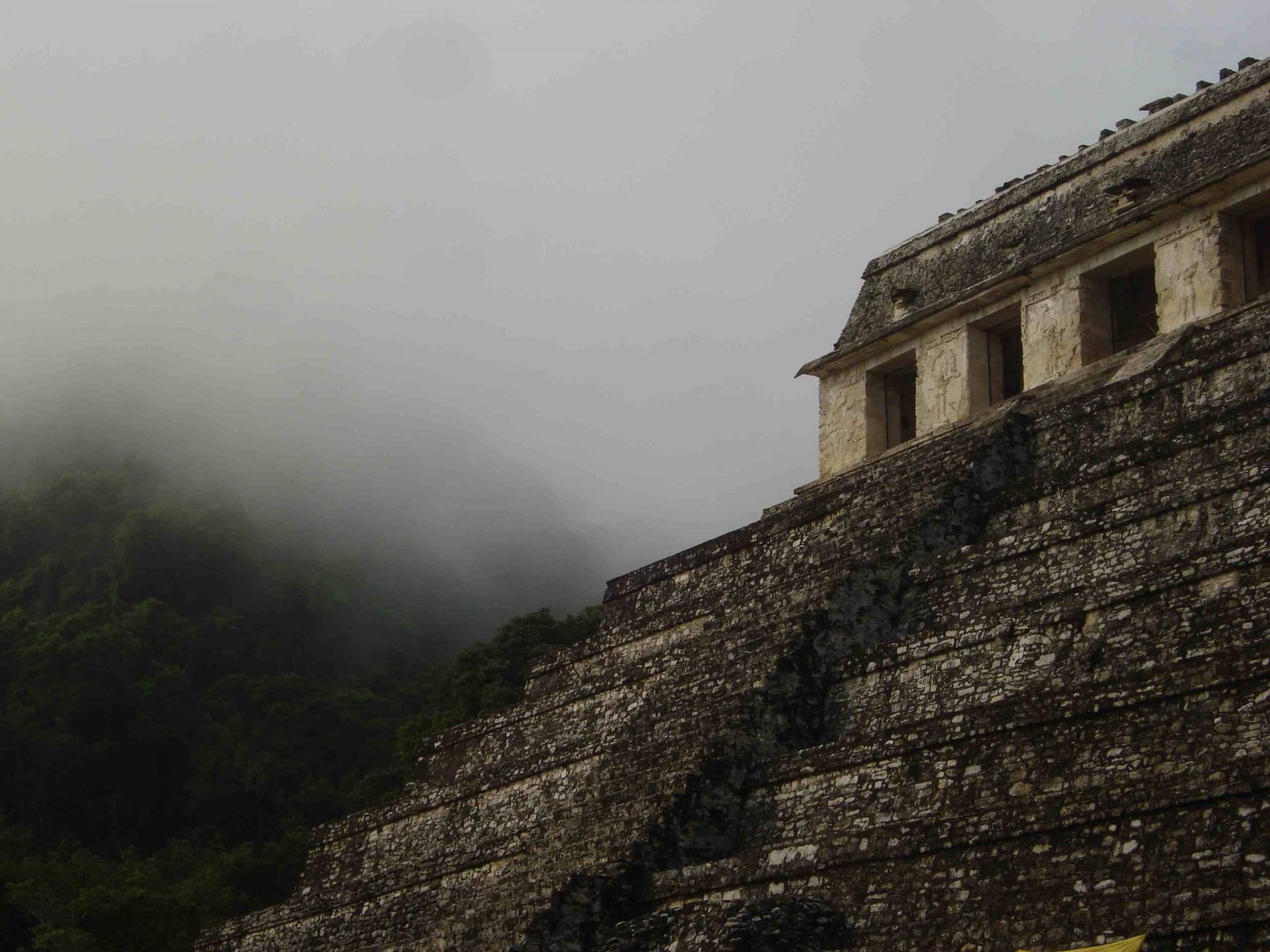
Benjamin Vis SECL, Eastern ARC Fellow in Digital Humanities
The relationship between the challenge to design towards improved sustainability for today’s cities with lost urban traditions in human history is not obvious. TruLife views the long history of urbanisation as a major research resource of evidence on urban developmental trajectories. Today’s sustainability concerns may inform our investigations of past urban traditions to generate better usable knowledge, while better knowledge of past trajectories may inform how we can intervene in urban development processes. We see great benefit in studying just how different and diverse cities have been. Over two millennia of city building by the ancient Maya in the tropics of Central America demonstrated just that. To identify the challenges and opportunities of learning from rigorous comparisons throughout urban history, TruLife asks: “Can studying the diversity of long-term urban traditions effectively inform designing for sustainable urban futures?”
TruLife aims to formulate concrete suggestions and ideas for collaborative research related to urban design. We focus on the case of pre-Columbian Maya tropical urbanism through three interconnected lenses:
- Waste Management and Decay
- Spatial Practice
- Food Security
These are the themes of three academic workshops, which will be followed by a programme of public engagement structured around an Urban Design Ideas Competition and an exhibition of shortlisted contributions, organised by Dr Benjamin Vis in collaboration with the Sainsbury Centre for Visual Arts. The exhibition entitled, ‘Dust to Dust: Redesigning Urban Life in Healthy Soils‘, took place at the Sainsbury Centre, Norwich from 30 November 2018 – 17 February 2019.